U.S. News
Like Carter, Biden unveils enviro-action on appliances
By Matt De Vlieger · January 1, 2024

New Environmental Regulations
The Biden administration unveiled regulations targeting refrigerators, freezers, and fans to cut carbon emissions and save consumers money, aligning with the Department of Energy's (DOE) commitment to environmental action. Canva
Decade's First Update: Refrigerator and Freezer Standards
Scheduled for 2029-2030, the first update in over a decade for refrigerator and freezer standards is projected to eliminate emissions equivalent to 12.7 million homes over 30 years, saving households $5 billion annually. Canva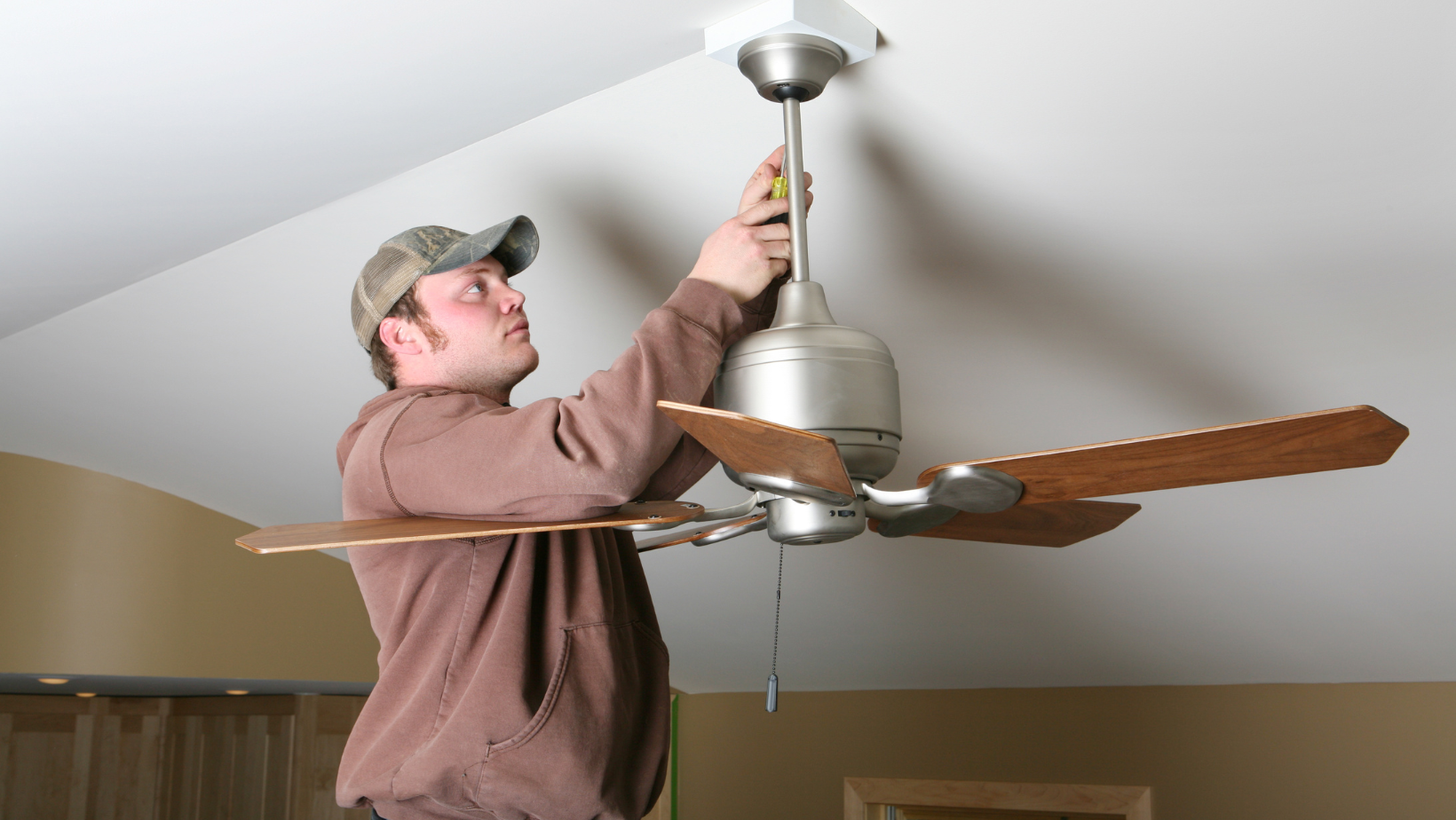
Pioneering Federal Regulations for Fans and Blowers
The DOE proposed inaugural federal regulations for fans and blowers, anticipating a reduction of 318 million tons of emissions over 30 years, contributing significantly to environmental conservation. Canva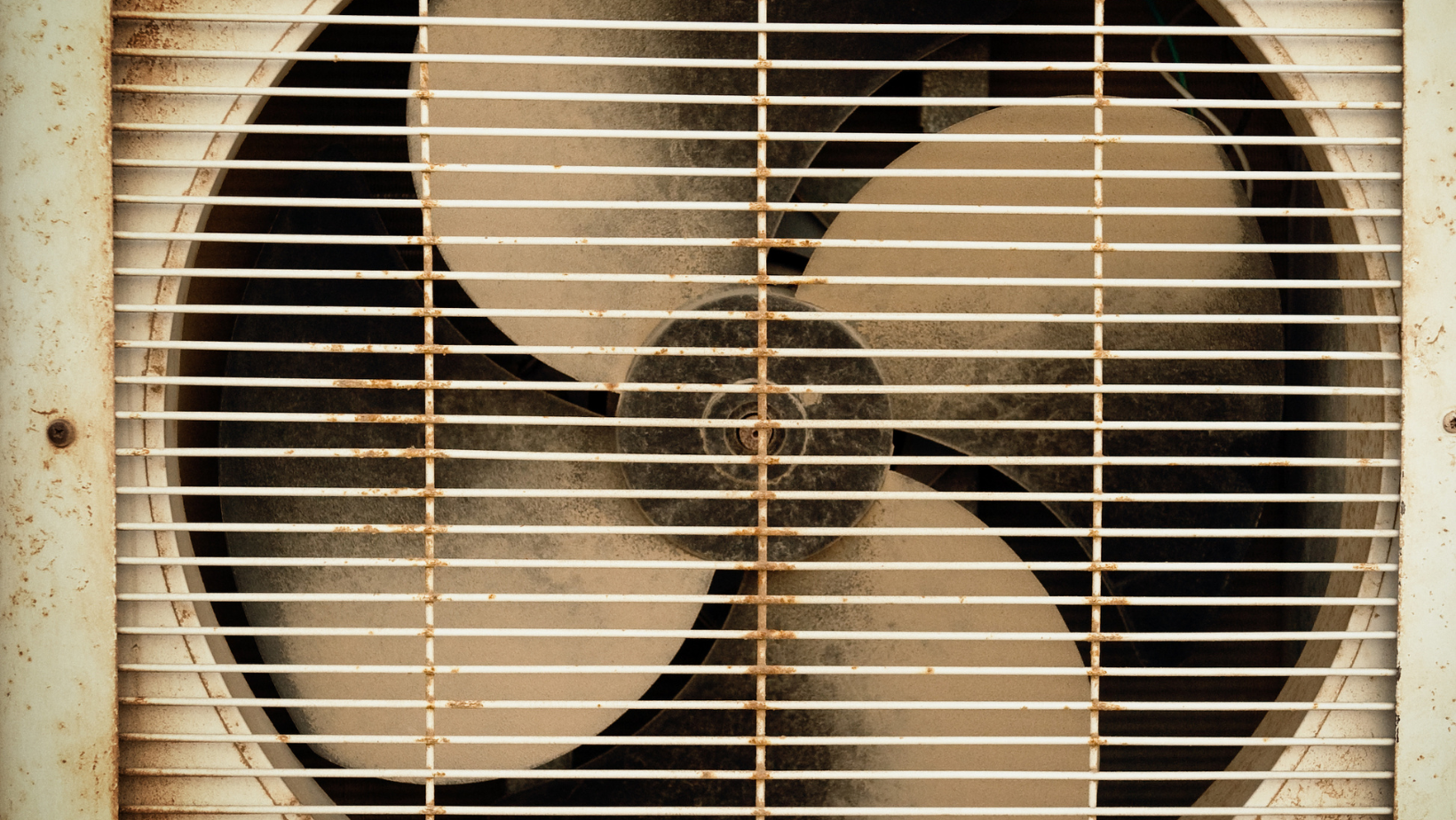
Energy Collaboration Emphasized
Energy Secretary Jennifer Granholm underscored collaborative efforts with manufacturers and advocacy groups in shaping the standards. Granholm highlighted the alignment with industry partners to foster innovation and reduce energy costs. Canva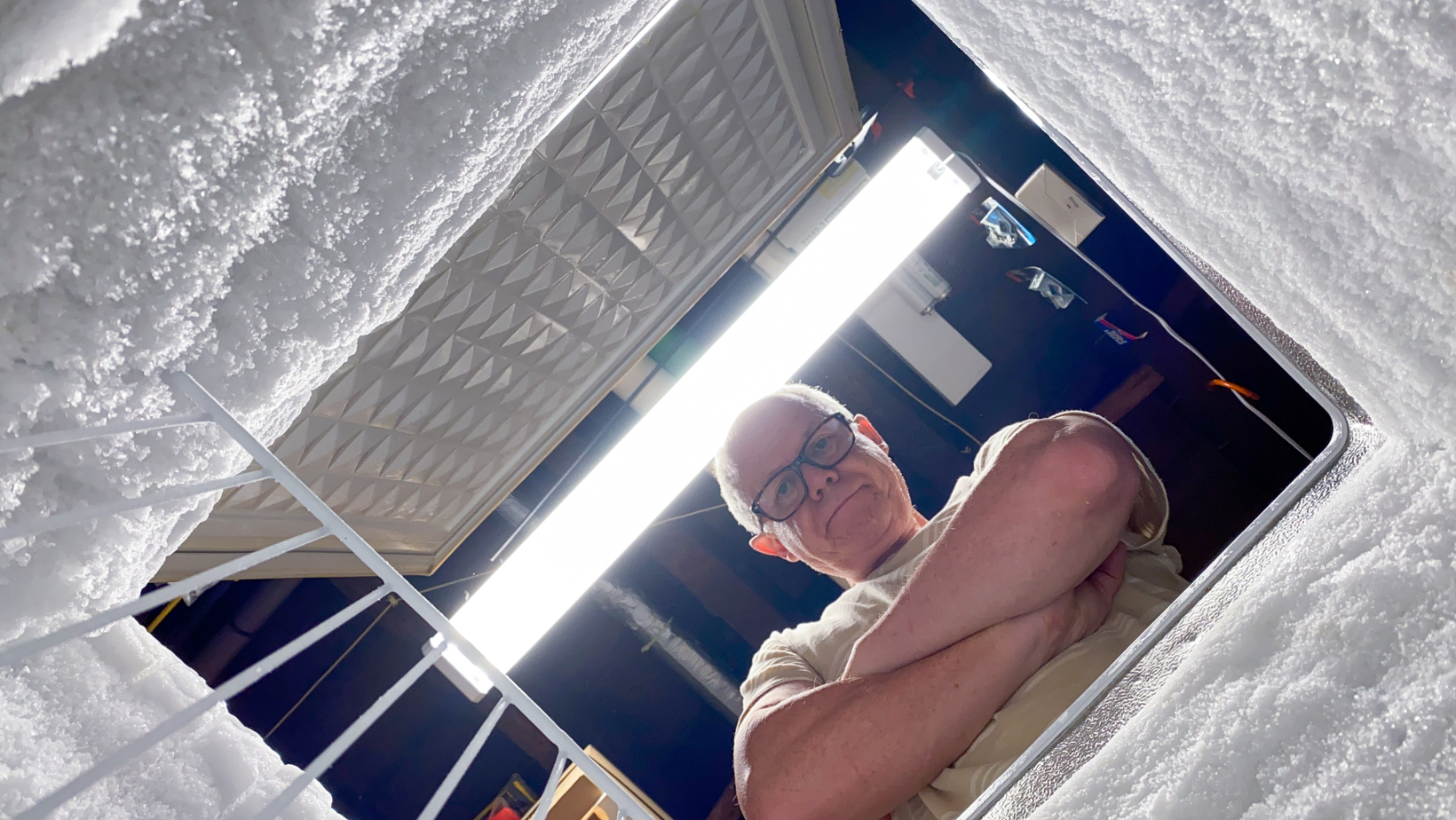
Concerns Over Consumer Costs
Despite support, right-leaning critics feigned worries about potential upfront costs and reduced performance for consumers. Fox news ridiculously called it a "crackdown." Canva
Consumer Cost-Saving
The DOE estimates that changes will also put money back into consumers' pockets with cumulative energy savings. Canva
DOE Efforts in 2023
The DOE's 2023 actions include over 30 environmental initiatives covering items like washers, air conditioners, water heaters, and furnaces. These efforts align with President Biden's overarching climate agenda.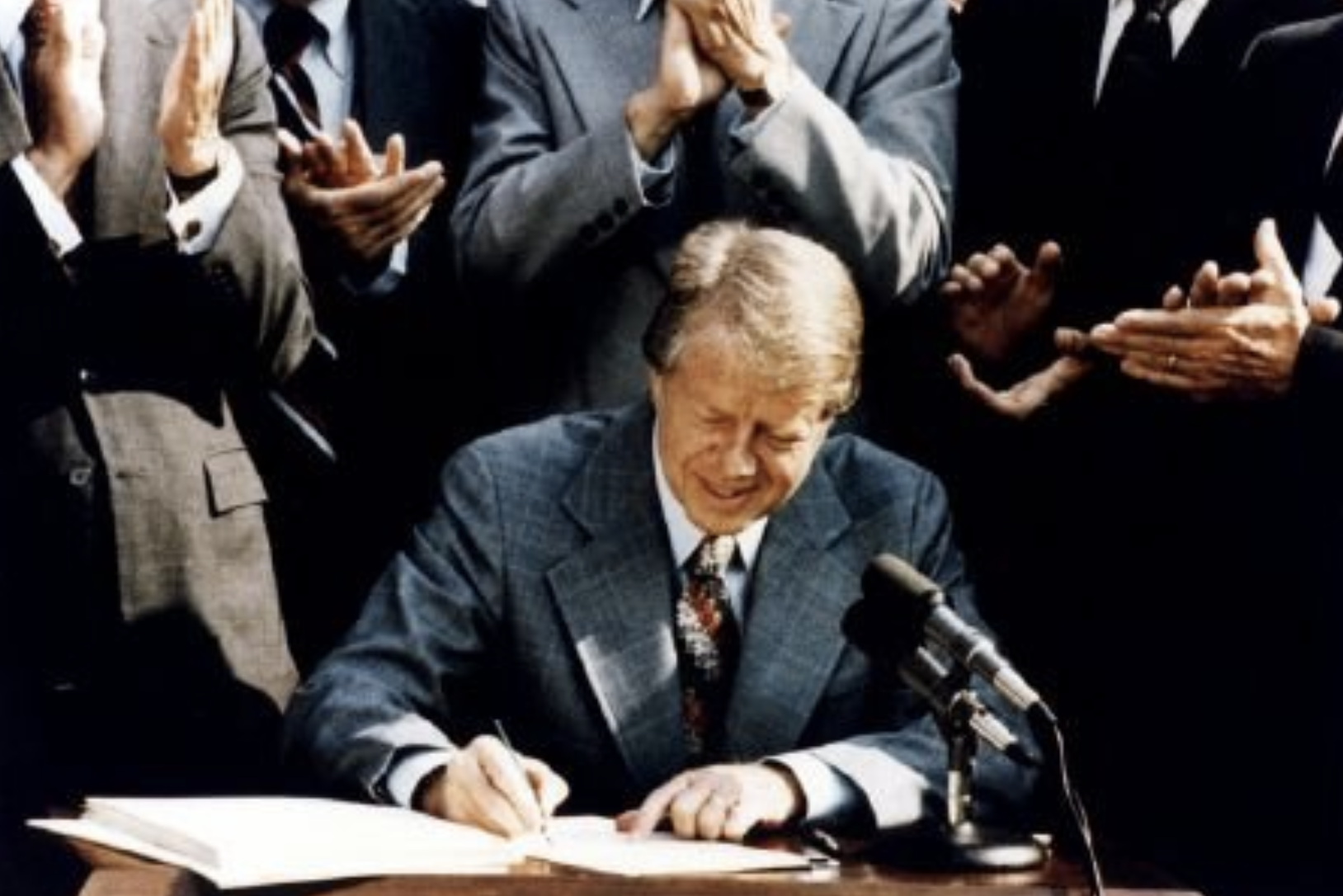
Carter's Impact on Appliance Standards
President Carter, between 1977 and 1980, introduced laws that raised efficiency standards for homes, creating the Department of Energy and initiating the appliance standards program. The standards, affecting 65 categories crucial for home energy usage, led to remarkable savings and efficiency gains, positioning Carter as a trailblazer in energy policy. Department of Energy
Evolution of Efficiency Perception
Efficiency, once associated with sacrifice, underwent a profound shift during Carter's era. Carter's focus on "energy conservation" gradually evolved into a vision where efficiency became synonymous with doing more with less. Mandatory standards Carter introduced set the foundation for the future. Jimmy Carter Presidential Library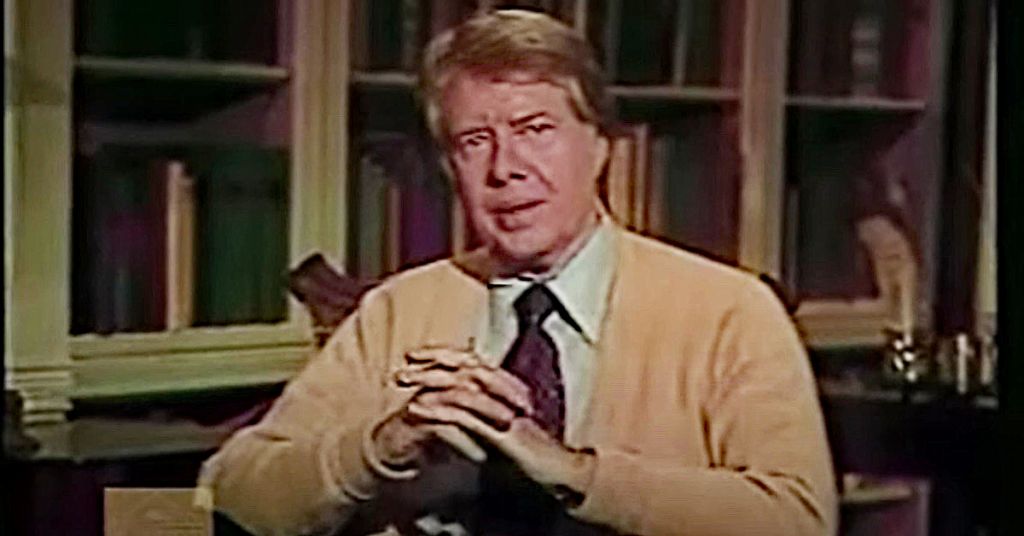
Critique of Efficiency Measures
President Carter's initiatives have proven effective, still critics argue that these measures, initially framed as a sacrifice, could have limited public appeal. Manufactured perceptions of inconvenience associated with efficiency challenges acceptance, even though the benefits, as highlighted by the American Council for an Energy-Efficient Economy, amount to significant savings. Public Domain
Future Challenges in Energy Conservation
The technology of the 1970s had a limited the scope of options. Today, advancements have made electric alternatives feasible, allowing President Biden to present his climate program as an opportunity for improved quality of life. The challenge lies in convincing a highly manipulated public that efficiency is a valuable trait in various appliances, a task echoing the one faced by Carter in his time. Adam Schulz/White House